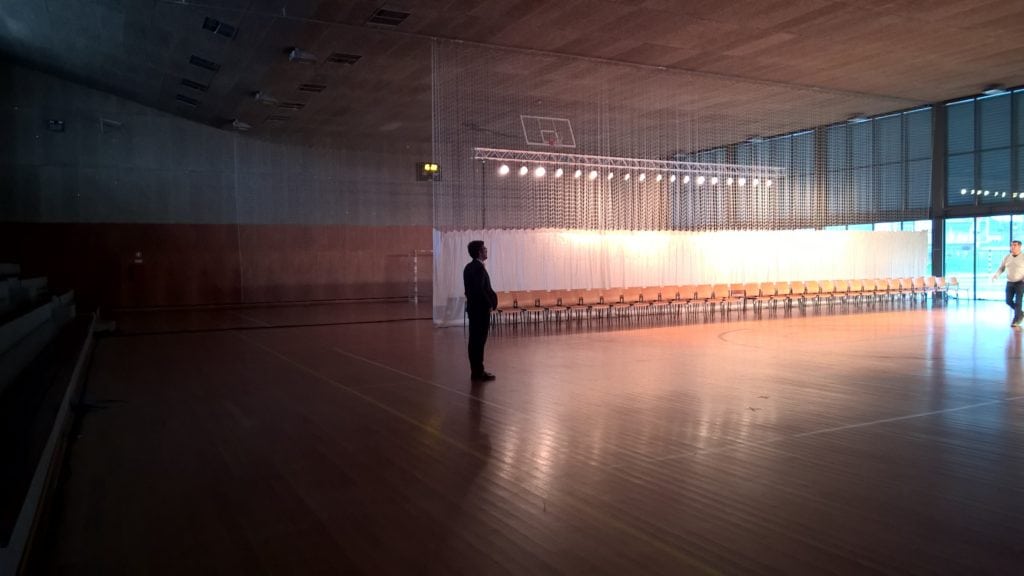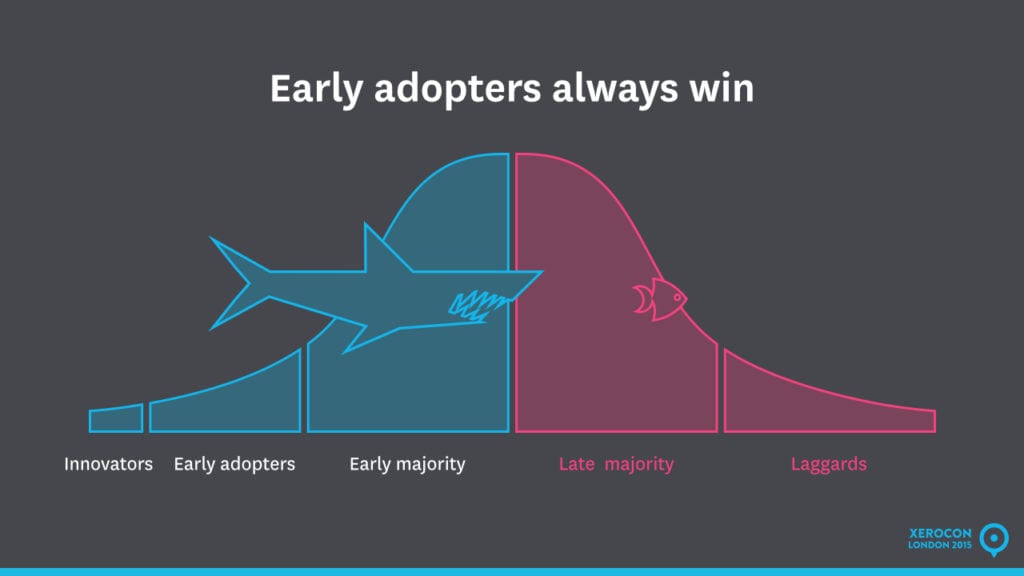
Delivering an event for your accountancy firm is an exciting and nerve-wracking venture. Your thoughts hover between high hopes of “We’re going to get so many leads!” and the abject failure of “Absolutely no one is going to show up.”
Usually the truth is somewhere in between – you don’t get anywhere near the registrations you hoped for, but it’s not a complete disaster either.
Normally, I’d recommend a bare minimum of 1-3 months’ preparation before any event – the larger the event, the longer the prep. If you’re expecting 5-10 people, a month might do. If you’re hoping for closer to 100, you may need almost six months’ preparation.
This may seem like a lot. You may despair of running an event at all. And if you’ve already started marketing your event and registrations are low, you may be tempted to throw in the towel altogether.
Don’t do that.
If you’ve begun marketing already, you’ve built some traction, even if you can’t see it yet. “Traction” in this case meaning “people who are paying attention to what you’re doing”.
Remember, the success of an event is not entirely around how many people register, or how many show up. There’s a whole lot more to it than that.
There’s the PR element of being more visible online, and giving a good impression of your firm.
There’s the slow buildup of trust, preparing people to come to a future event even if they don’t come to this one.
There’s the increased activity (particularly on social media) which encourages people to connect and engage with you when they would have forgotten to otherwise.
There’s the opportunity for potential strategic partnership.
You don’t want to lose any of that.
So, if registrations are low, here are a few things to bear in mind:
Most people sign up for live events at the last minute.
In our experience, a large percentage of your registrations will come at the last minute. When we run a free webinar, we always send out a reminder the morning of the event – sometimes an hour before the webinar runs. Sometimes almost 60% of our registrations come directly off the back of this reminder email.
Live events are no exception. One of our clients ran an in-person event which required a fairly significant amount of travel – booking flights, hotels, making a long drive. Still, at least 30% of their registrations were in the last month, or even the last few weeks, before the event.
Usually this is because people are waiting for the early adopters to sign up.
You know the “shark slide” from Xerocon 2015, the one Andy Lark shared which showed how people embrace tech? (If you don’t, you can read about it here.) The same applies to event registrations.

There are a few, a very few, who sign up straight away. They know it’s going to be an amazing event and their level of trust in you and your firm is extremely high.
Then a few more sign up quite early – perhaps get your “early bird” tickets if it’s a paid for event.
Then the registrations all start to trickle in when people realise that anyone who’s anyone needs to be at this event, or people in their circle are going, or you hit on a key point that’s relevant to them and it tips the scale.
And then the late majority, which is most people. They’ve been meaning to. They were thinking about it. They were seeing whether they could get child care, find the time off work, determine if that new customer was going to sign up after all, whatever the reason.
It’s almost random, really. This is why you have to market, and keep marketing, and not give up.
Having only a few people at your event is NOT a failure.
If only four people show up – or two, or one – this is not a failure. You did not fail at your event.
Even if absolutely no one shows up, that’s not a failure either.
There is no failure: only feedback.
You’re getting valuable feedback about all the elements of your event.
For your next event (and I absolutely recommend you have another, and not give up), you can think about:
- The topic: Was it relevant? Did the title of the event capture their interest, or was it more about you and what you find interesting?
- The purpose: Was it crystal clear why you wanted them to come? Or were you simply “running an event” for the sake of it?
- The audience: Did you invite specific types of people – a niche, an industry, a mindset? One of our clients ran an event for accountants, and their website literally said “If you are boring, please stay home.”
- The timing: Did you hold the event on a public holiday, or at a time when most people tend to be taking time off? Granted, if your topic and audience are right, you can hold it whenever you want and people will make it work, but if you’re just getting started you do need to consider these things.
Make your low numbers a reason to keep pushing the marketing.
Do more video, more social media posts. Send another email. Be honest (you see the theme?) and tell people there are still a few spaces left.
Adapt your event to those who are there
No matter who comes to your event, make it all about them.
You may only end up with 3-4 people registered, but you can still make it a great success:
- Bring in additional members of your team, or strategic partners. That will bulk out the number of people there, but you can still focus your time on the true registrants.
- Be honest with those who registered. Tell them that you didn’t get the sign ups you were hoping for, but you’re really excited about [your event topic] and the great news for them is that they get more of your personalised time.
- Take advantage of the fact that it’s small and spend time to really listen to their issues. I was delivering a social media workshop that I thought was 50 minutes. It turned out that it was a full afternoon, 3-4 hour workshop. So I changed entirely my plan and used the first hour to go round every single person and ask them for their social media issues, questions, reasons they were there. The whole workshop was then focused entirely on their issues, rather than my ideas of what to cover, and they loved it. (The time flew, too.)
It’s reasonably likely you’ll get some last minute sign ups, and you don’t want to lose out on those (or your early adopters) by cancelling the event. Years ago when I worked for an accountancy firm and we had low numbers predicted, we cancelled an event, and then within the next week we had ten people saying they wanted to come and what had happened to it? We learned our lesson. You have to press on in faith.
Don’t cancel your event if numbers are low. Deal with what you get, and learn for next time.
If you have a huge room booked and you still have only one or two people registered, change things up. Call those who registered and tell them the truth. “Listen, we did our marketing for this rather last minute and our numbers are low, so we’d like to offer you a one on one workshop so you get more out of it – does that suit you?”
That kind of communication builds trust because you’re not trying to impress them but are being honest. It also delivers a solid result either way – they’re not losing out because other people didn’t register.
Remember, the one person who has signed up could be one of the best potential clients ever. Or one of those seemingly “small people” who happen to be connected to your target clients. No point losing that!
Let me know how that event goes!

